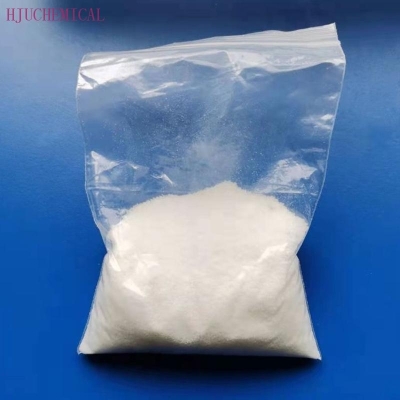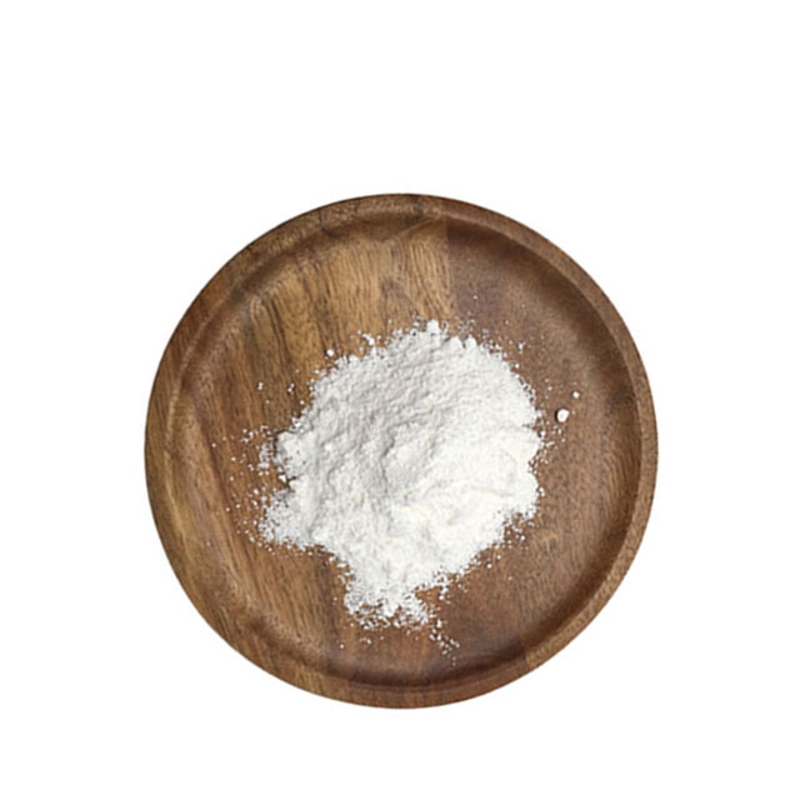-
Categories
-
Pharmaceutical Intermediates
-
Active Pharmaceutical Ingredients
-
Food Additives
- Industrial Coatings
- Agrochemicals
- Dyes and Pigments
- Surfactant
- Flavors and Fragrances
- Chemical Reagents
- Catalyst and Auxiliary
- Natural Products
- Inorganic Chemistry
-
Organic Chemistry
-
Biochemical Engineering
- Analytical Chemistry
- Cosmetic Ingredient
-
Pharmaceutical Intermediates
Promotion
ECHEMI Mall
Wholesale
Weekly Price
Exhibition
News
-
Trade Service
The harsh climate of the Arctic is inherently mysterious, and the long-term intake of high-fat diets by the Eskimos (Inuit) away from the risk of cardiovascular disease makes people outside the region curious. In the
70s
, scientists uncovered the mystery of the diet after a long period of scientific research:
Omega-3
, which Eskimos consumed long-term ingredients such as seals and salmon, which were rich in
Omega-3
fatty acids.since then,
Omega-3
fatty acids have been well known to outsiders, and since then researchers in various countries have conducted a large number of experiments to find that
Omega-3
fatty acids have anti-inflammatory, anti-thrombosis, anti-cholesterol, lower blood lipids, expand blood vessels and other characteristics.
Omega-3
long-term stable dietary supplement raw materials, and there are a variety of formulations containing this raw material on the market. Although growth in the fish oil market has slowed slightly in recent years, industry sources say the positive results of the latest clinical studies will drive continued growth in the raw material market.Antestinationis the key Omega-3
fatty acids have a wide range of effects on overall health, including cardiovascular disease, mental health, cancer, arthritis and inflammatory diseases, eye disease, cognitive function, stress, pregnancy and healthy infant health, immune health, arthritis and blood circulation, all of which are associated with the anti-inflammatory properties of their internal molecules.
Omega-3
health benefits, both male and female, young and old, from preventing premature birth to brain
/
eye development in infants and young children, to preventing Alzheimer's disease, Parkinson's disease, rheumatoid arthritis and other chronic diseases in old age. When people enlarge the scientific effects of
Omega-3
throughout their life cycle, they find that
Omega-3
runs through people's lives from the early days of life.as
of Omega-3
fatty acid health, several studies have confirmed that this effect is inseparable from its anti-inflammatory effects.
EPA
DHA
inhibit the formation of sensitive inflammatory factors that increase pain in the body and shrink blood vessels. In addition to inhibiting the formation of inflammatory factors,
EPA
and
DHA
can also be converted into anti-inflammatory molecules, helping to reduce pain sensitivity, vascular permeability and mucus production. These compounds increase vascular integrity, lower blood pressure and heart rate, and also better regulate lipoproteins, which in turn contribute to the health of the cardiovascular system (Heart Journal,
2014
; American Journal of Hypertension,
2014
).the same time,
EPA
and
DHA
are pregeners of bioactive metabolites
resolvins
and
protectins
that help control inflammation, immune health and the nervous system. In addition,
DHA
and cell membrane phospholipids combine to increase the motion of molecules, which in turn alters protein function, which facilitates the transport of the subject activation between membrane and enzyme functions. With
of Omega-3
new health effects and action of Omega-3, the scope of its effects on human health has been gradually extended.clinical research trendsDHA
is critical to brain and eye development and function, and
EPA
contribute to cardiovascular health. Several studies have confirmed that
Omega-3
fatty acids have a variety of health effects, such as daily intake of
4gEPA
which can help improve high triglycerideemia (
Siscovict et al. Circulation
,
2017
)。 Although dietary supplements and raw materials companies are over-promoting the health benefits
Onega-3
, the researchers say scientific efficacy is the best publicity.2016
data support the quality and efficacy of
Omega-3
supplements, including clinical studies; anthology of papers; feature papers established by
CRN
and
GOED
; health claims of
FDA
; daily intake doses (
RDIs
) and additional trial data from multiple countries.
2016,
231,
randomized clinical trials (
RCTs
) and
Oemga-3
published.
2016
also became a critical moment in the history of
Omega-3
, with
85% of
clinical trials showing positive results. As of
march
,
,
2017,
PubMed
and
Omega-3
-related paper literature amounted to
33
,000.Heart Health: A recent study published in the Journal of Clinical Lipids showed that
Omega-3
supplements can appropriately reduce heart mortality. The study
randomized, controlled trial data from
71899
subjects) and showed that the number of cardiac deaths in the control group was
1746
, accounting for
4.87%
of the subjects, while the number of deaths in the experimental group reached
1613
, accounting for
4.48% of the
. The number of heart deaths in the experimental group decreased by
8% compared
. At the same time, the daily intake of
EPA
and
DHA
doses of more than
1g
produced more significant health effects, in which individual individuals also have a number of risk factors such as triglycerides and
LDL
cholesterol elevation.2017
meta-analysis trial published in the Journal of the Mayo Clinic explored the relationship between
Omega-3
fatty acids and coronary heart disease, as well as the ratio of intake doses to optimal results. The researchers
18 randomized controlled trials (approximately
93,000
cases) and
16
prospective cohort studies (approximately
73 Data collected
2000 cases) was collected and evaluated and found that
EPA
and
DHA
reduced the risk of coronary heart disease by
18%
. In a clinical trial analysis of high-risk populations, the researchers found that people with high triglycerides (
>150 mg/dL
) had a
16%
reduction in coronary heart disease, while patients with high
LDL
cholesterol (
> 130 mg/dL
) had a
14% lower risk of coronary heart disease
.life extension:
January
, 2017
, the Women's Health Active Memory Study
WHIMS
) noted that high levels of
EPA
and
DHA
in red blood cells can reduce mortality. The study recruited
6501
women between
65 and 80
years of age in
, 1996. The researchers benchmarked the
EPA
and
DHA
levels in the subjects' red blood cells (
RBC
) and recorded the
Omega-3
index in total. After
follow-up survey of 14.9
, it was found that
1851
(
28.5%
) women died and
EPA in red blood cells
with
DHA
levels survive, while a
Omega-3
index greater than
8%
reduces the risk of death by
31%
.Brain Health: Researchers analyzed data from
7
RCTs
trials in more than
500
children and adolescents with attention deficit hypermorphic disorder (
ADHD
) and found that
Omega-3
supplements improved the
ADHD
Clinical Symptom Index (
. Neuropsychopharmacology, 2017
)。 The study highlighted the important role
DHA
played in maintaining brain structure and function in children and adolescents with
ADHD
with low concentrations of
DHA
and
EPA
in their bodies.important,
omega-3
between chronic diseases and cognitive health associated with aging. According to a recent study by Louisiana State University,
DHA
is a prelude to neuropulation
D-1
(
NDP-1
), which helps improve Alzheimer's disease, stroke, age-related macular degeneration, and so on. Developed countries have all entered an ageing society, and prevention is more important than treatment, can save a lot of economic costs,
Omega-3
is a good way to prevent.In addition, the U.S. military is considering including
Omega-3
in the military's daily needs, calling it nuted armorto fight post-traumatic stress disorder, depression, and potentially ancillary treatments for post-traumatic brain injury. The NFL (as well as U.S. universities and high schools) may in the future study the
health benefits of Omega-3
in order to prevent and treat repetitive head injuries., future brain health may be one of the priorities of
Omega-3
clinical research, especially post-traumatic brain injury.







